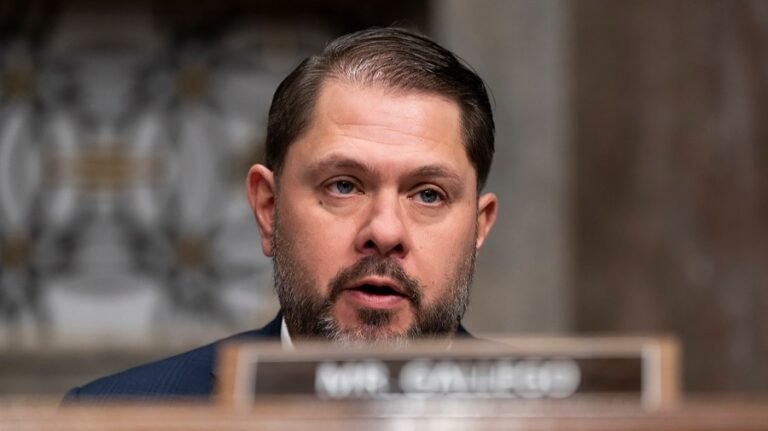
The U.S. healthcare system is broken. Patients are sick, confused, and paying far too much for low-quality care. In a country renowned for its culture of innovation — and its commitment to pushing the boundaries of what’s possible — we deserve better and are destined for more.
AI is playing a critical role in realizing that ambition. We have the technologies to make our healthcare system a global leader. The Trump administration’s AI Action Plan, announced this summer, is providing key momentum that will get us there; leaders in D.C. recognize that progress hinges on building a foundation from which innovation can thrive and improve the lives of everyday Americans.
The plan elevated the importance of AI evaluation infrastructure to a matter of national competitiveness and public trust, with health as one of the main use cases. The Trump administration’s positioning of health as a flagship domain for model evaluation and testbed development shows their commitment to our industry and our shared motivation: to provide patients with better healthcare.
Most recently, we’re seeing this in Congress. Last week, Senate Commerce Chairman Ted Cruz (R-Texas) introduced the Sandbox Act. This bill marks a major step forward in addressing the deep dysfunctions within our healthcare system. It will create “regulatory sandboxes” for AI developers to test and launch new technologies under clear conditions, with accountability for safety and risk.
This will be especially valuable for startups, giving them a clearer path to bring innovations to the people who need them most.
President Trump and his administration have focused on the AI race, leading to key policy changes that will accelerate the pace of innovation tenfold. But for AI to scale effectively, two conditions must be met: Innovation must continue at speed, and users must have confidence that applications are safe and trustworthy.
We are seeing a clear-eyed commitment to unlocking the benefits of AI in real-time, and a shared understanding that moving too slowly risks falling behind China and other global competitors, while unchecked acceleration risks causing harm and eroding trust. Achieving the delicate balance of bold experimentation and dynamic governance is what will ultimately make America an early and enduring leader in health AI. We believe we’re now heading in the right direction.
However, getting there will depend on listening to and incorporating industry voices. Our global AI leadership cannot be determined just by a handful of large institutions. Startups, rural providers, and community health organizations have perspectives that are critical to informing policy and experiences that are key to understanding the everyday challenges our healthcare system faces.
The inclusion of these entities is essential. The community health centers my organization works with, for example, serve nearly 34 million patients across the country, many in underserved rural or urban communities. They are already implementing AI tools that are helping physicians interpret data more efficiently and coordinate patient care.
The U.S. has a storied history of innovation. Progress in health AI is following in that spirit — but we’re not the only ones on the right track. We cannot afford to fall behind in this race, particularly as global competitors move to set their own benchmarks for advancement.
Our leadership in this sector will not be secured by technical breakthroughs alone. It will rest on the laurels of public trust — on whether or not average Americans believe AI is working in the best interest of their health and well-being. Health AI will only succeed if it can earn that confidence.
If we continue to get this right, the reward will be a healthcare system that actually works for patients, enabled by our country’s proud tradition of innovation.
Dr. Brian Anderson is CEO of the Coalition for Health AI.


